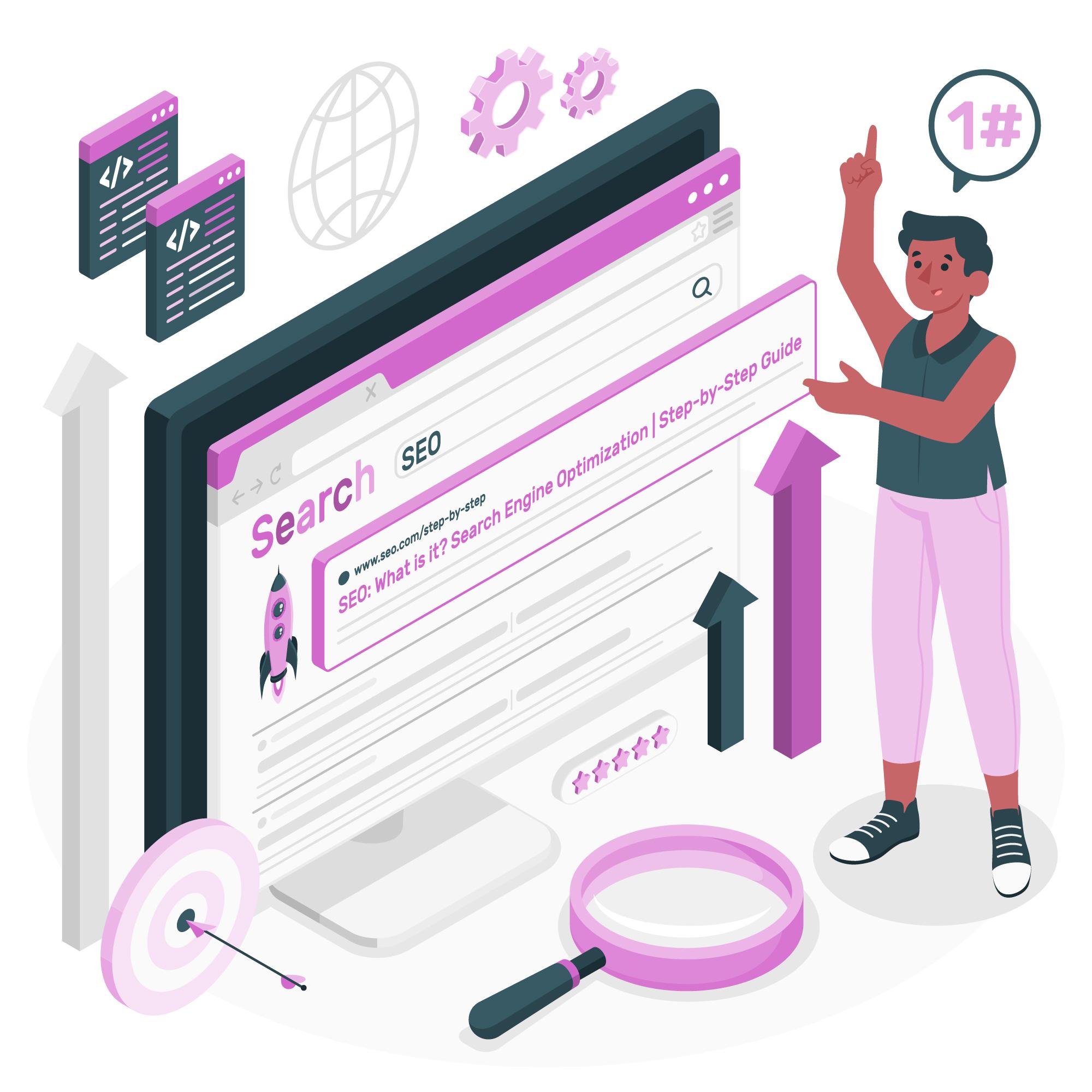
Effective marketing strategies play a crucial role in reaching and engaging patients, promoting services, and building a strong brand presence. As the industry continues to embrace digital transformation, healthcare providers must adapt their marketing approaches to leverage the power of online platforms. In this blog, we’ll explore key insights and strategies for successful healthcare marketing in the digital age.
Understanding the Healthcare Consumer
Before delving into marketing strategies, it’s essential to understand the modern healthcare consumer. Patients are increasingly taking an active role in their healthcare decisions, conducting research online, and seeking personalized experiences. Tailoring your marketing efforts to meet these evolving expectations is paramount for success.
Embracing Digital Platforms
Social Media Presence:
Establish a strong presence on popular social media platforms to connect with patients and share valuable content.
Utilize platforms like Facebook, Twitter, and Instagram to engage in meaningful conversations, showcase patient testimonials, and provide health tips.
Content Marketing:
Develop informative and relevant content through blog posts, articles, and videos that address common health concerns, showcase expertise, and establish trust with potential patients.
Search Engine Optimization (SEO):
Optimize your website and content for search engines to improve visibility and ensure that patients can easily find your services when searching online.
Personalized and Targeted Messaging
Email Marketing:
Implement targeted email campaigns to keep patients informed about new services, health tips, and upcoming events.
Personalize messages based on patient preferences, demographics, and healthcare needs.
Patient Segmentation:
Segment your patient population to tailor marketing messages to specific demographics, ensuring that your communications resonate with different audience groups.
Patient-Centric Communication
Telemedicine Promotion:
Highlight the convenience of telemedicine services through marketing efforts, emphasizing the accessibility of virtual appointments for routine consultations.
Interactive Website Features:
Enhance your website with interactive features such as chatbots or appointment scheduling tools, making it easier for patients to connect with your healthcare services.
Building Trust and Credibility
Online Reviews and Testimonials:
Encourage satisfied patients to share their positive experiences through online reviews, building trust and credibility among potential patients.
Educational Webinars and Events:
Host webinars or virtual events to educate the community on relevant health topics, showcasing your organization’s expertise and commitment to community well-being.
Data Privacy and Ethical Considerations
Transparent Communication:
Clearly communicate how patient data is handled and protected, building trust and addressing concerns related to data privacy.
Adherence to Regulatory Standards:
Ensure that all marketing efforts comply with healthcare regulations and ethical standards to maintain the integrity of your organization.
Again , The effective healthcare marketing with patient management app in the digital age requires a strategic and patient-centric approach. By embracing digital platforms, personalizing messages, and prioritizing trust and transparency, healthcare providers can successfully navigate the evolving landscape and connect with patients in meaningful ways. As the industry continues to innovate, staying ahead of the curve in healthcare marketing will be key to fostering lasting patient relationships and driving organizational success.


